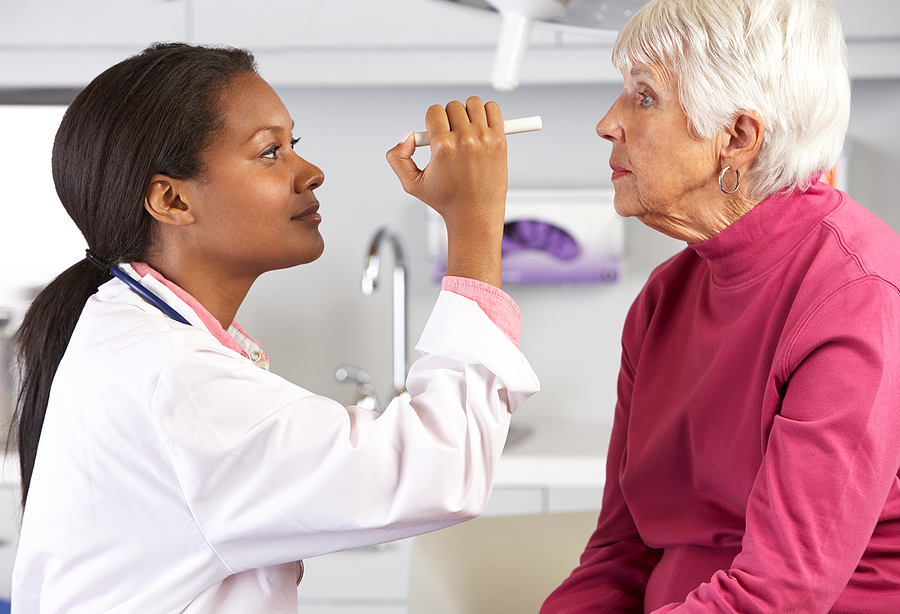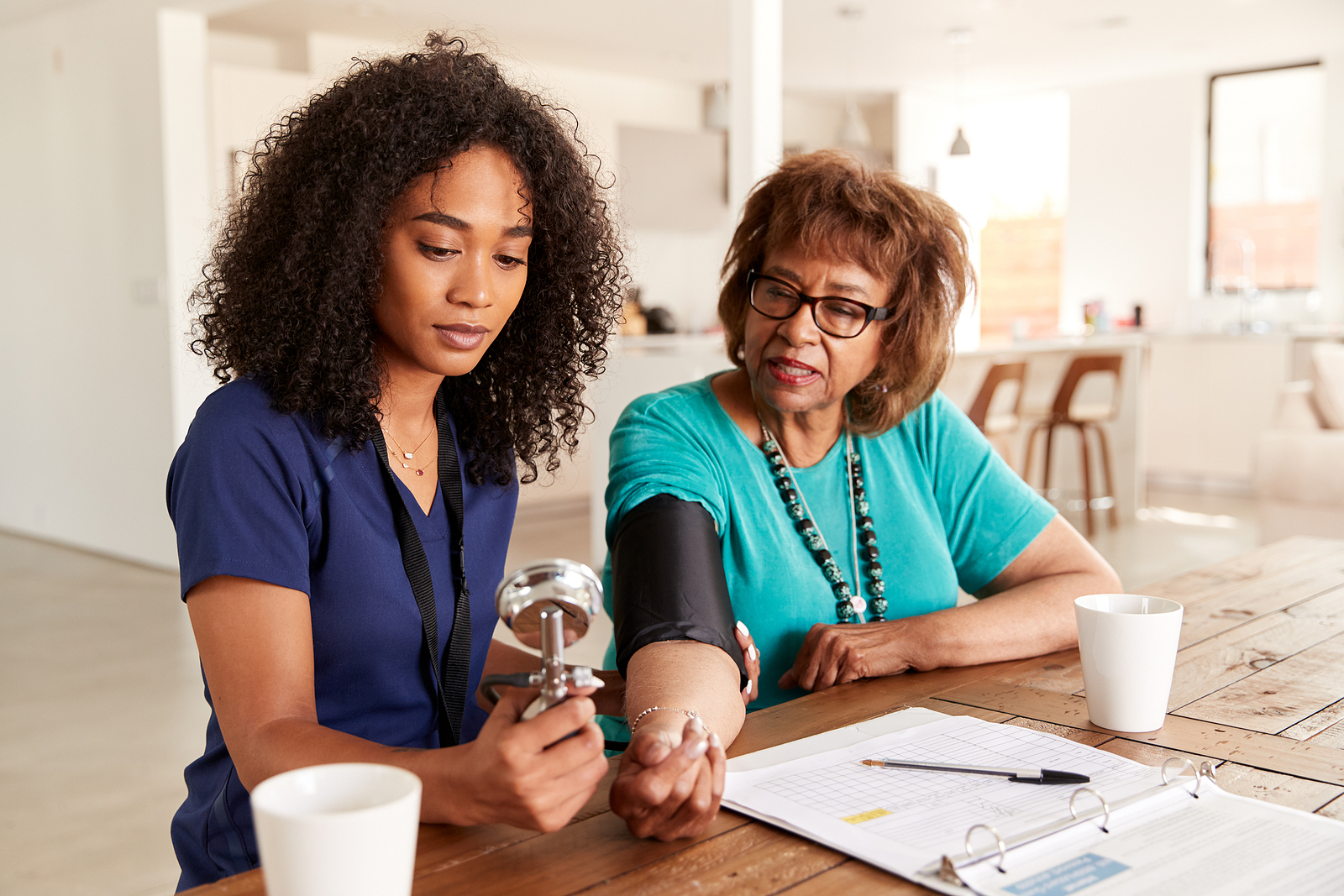Why All Seniors Need Regular Vision Screenings
Category:

Getting regular vision screenings is very important for seniors, especially as they get older. Small changes in vision that your mom or dad may think are just part of aging could really be the early warning signs of eye disease. If they have diabetes, they should be getting vision screenings twice a year to make sure that the diabetes isn’t affecting their eyes or their vision.
If your senior hasn’t had their vision checked by a professional recently, now is a great time to make an appointment for a vision screening. If there haven’t been any changes in your parent’s vision, they may think they don’t need to see a doctor, but that’s not the case. Elder care in Rye NY can help your mom or dad get to vision screenings and other appointments safely if you can’t take them. If your mom or dad has elder care a care provider will take them to their screening, stay with them, and make sure they get home safely.
Many eye disease are treatable if they are caught early. Getting regular vision screenings will help your mom or dad’s eye doctor identify any potential illnesses and treat them before they impact your mom or dad’s vision permanently. Some of the common eye problems that can be detected through vision screenings are:
Cataracts
Cataracts occur when the lens of the eye becomes cloudy, causing blurry vision, sensitivity to light, and difficulty seeing at night. This condition is very common in seniors and is a leading cause of vision impairment.
During a vision screening, an eye doctor can detect cataracts by examining the lens and testing visual clarity. Early detection allows for monitoring and, if necessary, surgery to replace the cloudy lens with a clear artificial one.
Glaucoma
Glaucoma is a group of eye diseases that damage the optic nerve, often due to high pressure inside the eye. It is a leading cause of blindness and often has no early symptoms, making regular screenings essential.
Eye doctors can detect glaucoma through tests that measure eye pressure and examine the optic nerve. Early treatment with medication or surgery can slow or prevent further damage, preserving vision.
Age-Related Macular Degeneration (AMD)
AMD affects the macula, the part of the retina responsible for central vision. It can cause blurred or distorted vision and difficulty seeing fine details, like reading or recognizing faces. Seniors with AMD may not notice symptoms until the disease has progressed.
Vision screenings can identify signs of AMD through detailed retinal exams and imaging. Early diagnosis allows for treatments, such as injections or laser therapy, that can slow the progression and protect vision.
Diabetic Retinopathy
Seniors with diabetes are at risk of developing diabetic retinopathy, a condition caused by damage to the blood vessels in the retina. It can lead to blurred vision, floaters, or even complete vision loss if untreated.
Vision screenings can detect early signs of diabetic retinopathy, such as swelling or bleeding in the retina. Managing blood sugar levels and receiving treatments like laser therapy can help prevent further damage.
Dry Eye Syndrome
Dry eye syndrome occurs when the eyes don’t produce enough tears or when the tears evaporate too quickly. This condition is common in seniors and can cause discomfort, blurred vision, and an increased risk of eye infections.
During a screening, an eye doctor can diagnose dry eye by evaluating tear production and the health of the eye’s surface. Treatment options, such as artificial tears, prescription drops, or lifestyle changes, can help manage symptoms and protect the eyes.
Reference
https://www.webmd.com/eye-health/eye-tests-exams
If you or an aging loved one are considering elder care in Rye, NY, please contact the caring staff at Griswold Home Care for Scarsdale & Yonkers today. (914) 337-5028.
Subscribe
Date: February 7, 2025
Category:


